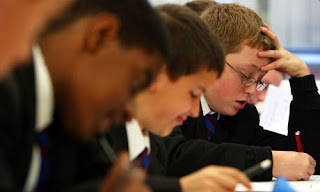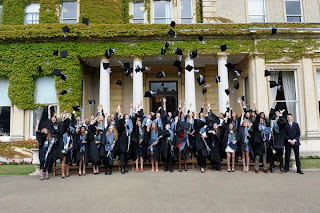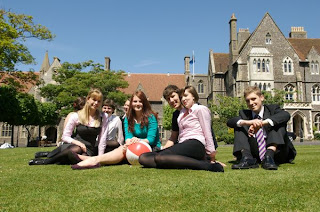If the student has satisfactory performance in the previous school, he or she can also join the senior school at the age of 16. There are various British schools offering senior education and it is indeed a challenging task choosing the best among them for your child. Most schools employ qualified teachers to offer the best tutoring.
In UK, you can find senior schools that are exclusively boy’s school, girl’s school or co-educational. You can choose one according to your preference. There are a number of senior schools ranging from the popular public schools with as many as 2000 student population to the High schools with 1000 pupils and the models senior schools with less than 400 students.
 As you choose a smaller school due to various reasons like proximity, ensure that the school offers a good A-level subject selection. It takes a lot of patience and effort to judge a senior school. Apart from academic success, there are various factors that should govern your selection of senior school for your child. To make your job easier you can visit representative stalls from a variety of British schools including the private schools, boarding schools and other best schools in UK. You can compare and analyze the top schools in your locality. For instance, if you live in London, you can find out which are the schools employing the best London tutors.
As you choose a smaller school due to various reasons like proximity, ensure that the school offers a good A-level subject selection. It takes a lot of patience and effort to judge a senior school. Apart from academic success, there are various factors that should govern your selection of senior school for your child. To make your job easier you can visit representative stalls from a variety of British schools including the private schools, boarding schools and other best schools in UK. You can compare and analyze the top schools in your locality. For instance, if you live in London, you can find out which are the schools employing the best London tutors. Find the best schools in UK irrespective of whether you are hunting for prep schools, senior schools, specialist schools, pre-prep schools, nurseries, day schools, boarding schools or international schools.
Gain vital insights into British education and the process of how to choose schools for your child. At this school show, you can also make private appointments with the senior teachers or heads of schools to learn more about scholarships. Enjoy a great day by visiting school shows like the independent school show and enjoy learning about various schools in a perfect environment.
At this two day exhibition, you can meet London Tutors and consultants offering educational guidance and tuition. You can also meet boarding school associations representing member schools. You can find stalls of agencies offering high quality tutoring in London that help add that extra dimension to your children’s education.
One of the qualifications offered by British education and Tutoring institutions, Cayman Islands, Cameroon, Wales and Northern Ireland is the A-level or advanced level.
Put your child in the best senior school by taking advantage of this two day exhibitions that bring all the best British schools to a single platform. As compared to earlier days when parents had to visit school after school to identify the best one, school shows such as the independent school show, details of which can be found at www.schoolsshows.co.uk offer the ideal setting where schools market themselves to students.










